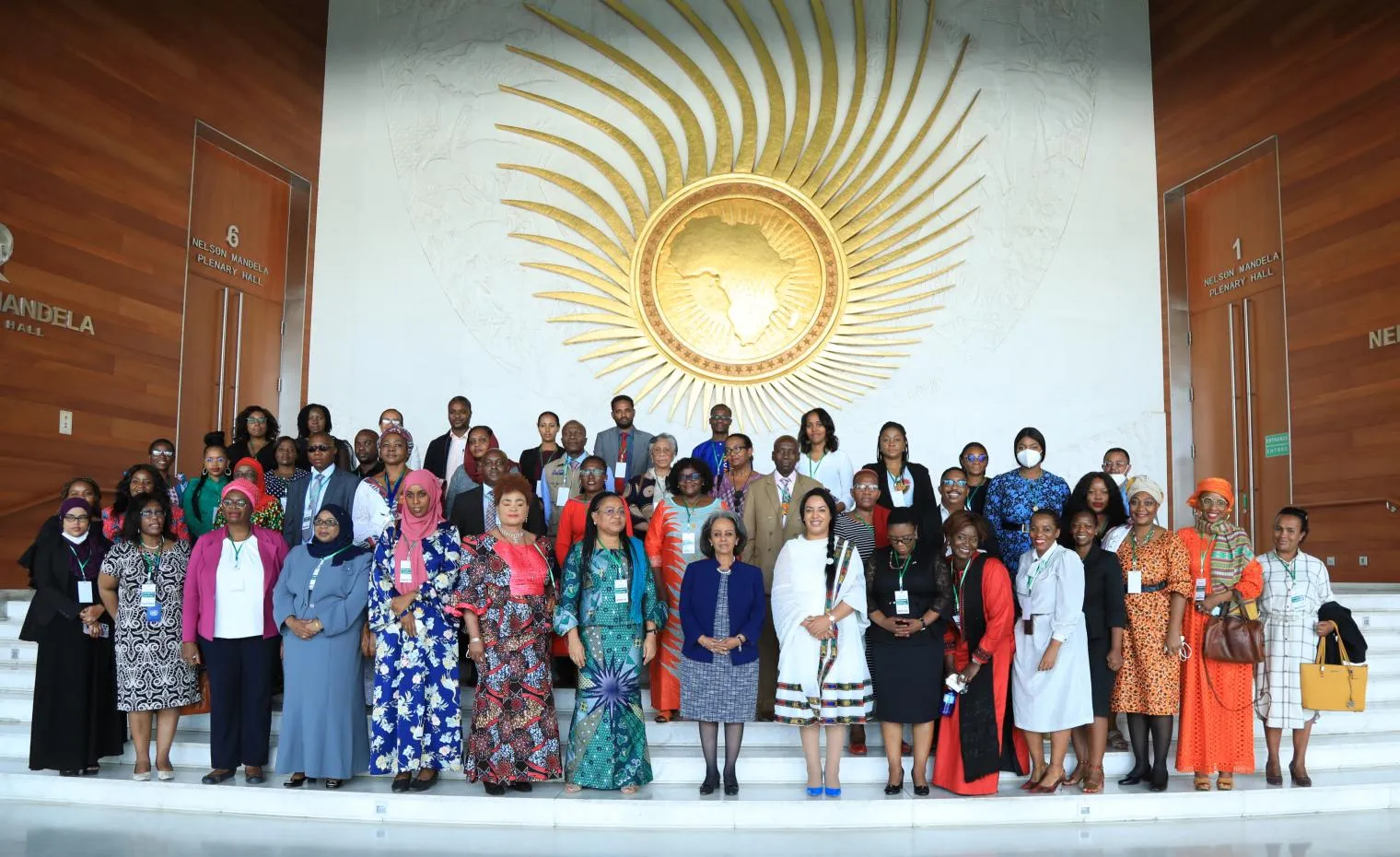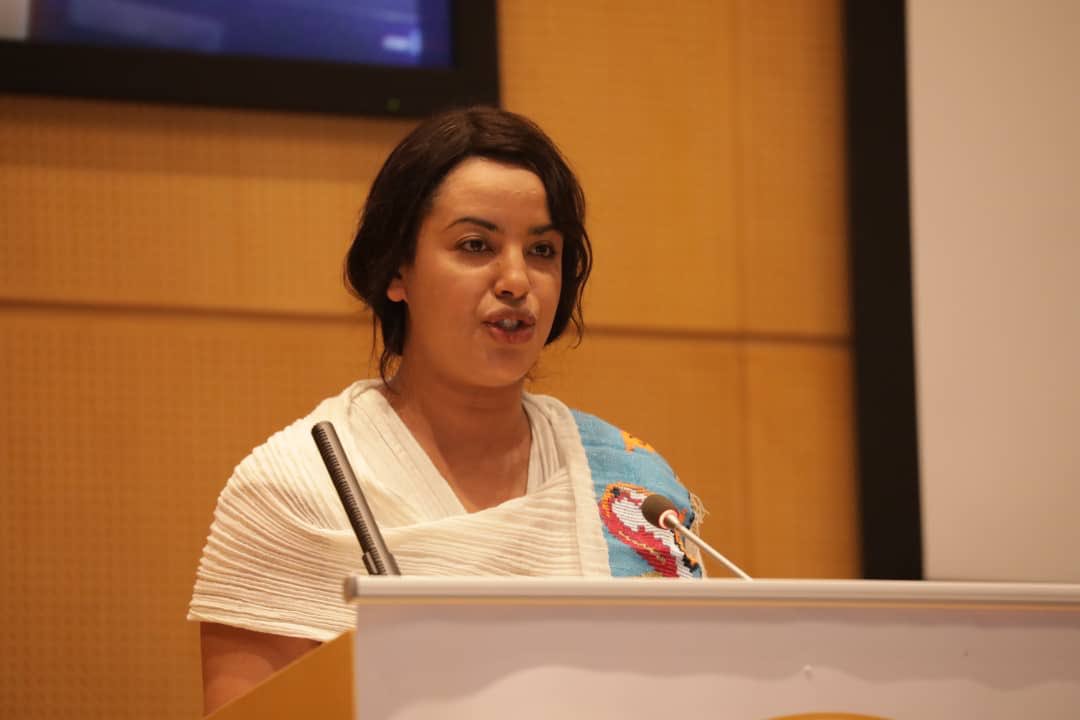
Achieving gender equality and the empowerment of women has been said to be challenged by the ever-increasing climate change and environmental crises. While speaking during the Africa Pre-SW 66 Ministerial Consultation African Union Commission, H.E. Ergogie Tesfaye stated that climate change-related crises disproportionately affect women and girls, especially those in vulnerable and marginalised situations.
“Climate change and environmental disaster has continued to affect sectors critical for women and girls such as water, energy, and agriculture. The agriculture sector in Africa involves much of the labour force, where women contribute a significant share. In Ethiopia, for example, 47 percent of the rural labour force are women, among which 70% is in agriculture,” said H.E. Tesfaye.

Image credit: Twitter
She highlighted that the shrinking water resources contribute to increased desertification, and water stress has added the hustle of women and girls to the existing burden of care for a household and communities. “Much of the rural energy sources being biomass, and the failure to restore forest resources and expand alternative energy sources has amplified the drudgery of women’s household responsibilities,” said H.E. Tesfaye.
H.E. Tesfaye suggested solutions and highlighted that addressing climate change and environmental risks and ensuring gender equality will be the two key factors for achieving the Sustainable Development Goals (SDGs) targets.
“Approaching climate change and environmental risks in a gender-sensitive manner is imperative. In recognition of women’s traditional role in managing natural resources at family and community levels, achieving their full and effective participation and decision-making in all interventions on climate, disaster and environmental risks is essential,” said H.E. Tesfaye.
She added that Ethiopia continues to strengthen gender equality and social inclusion in the national development plans to support communities, particularly women and girls, in building resilience to a wide range of shocks and crises, including conflict, climate change, disasters, and epidemics.



